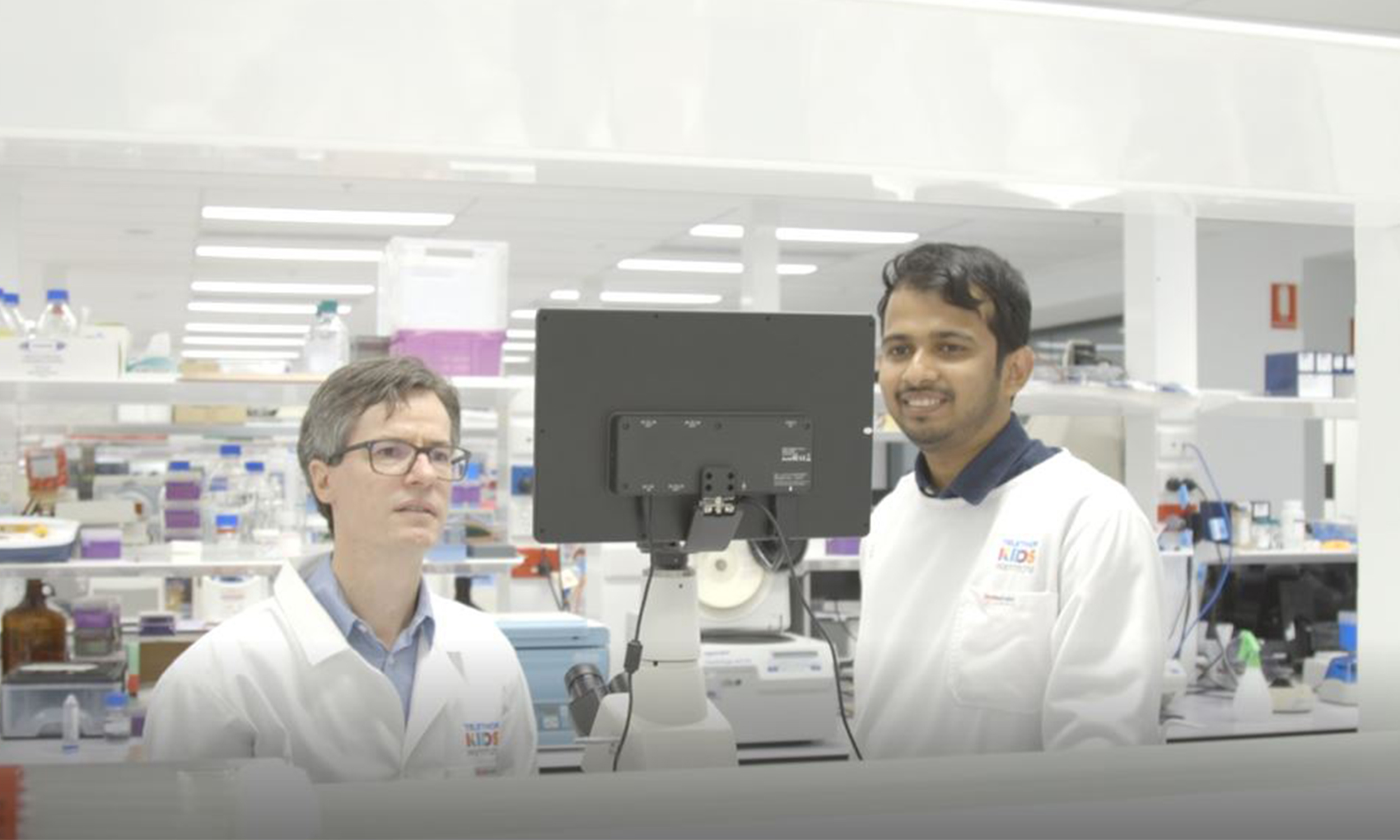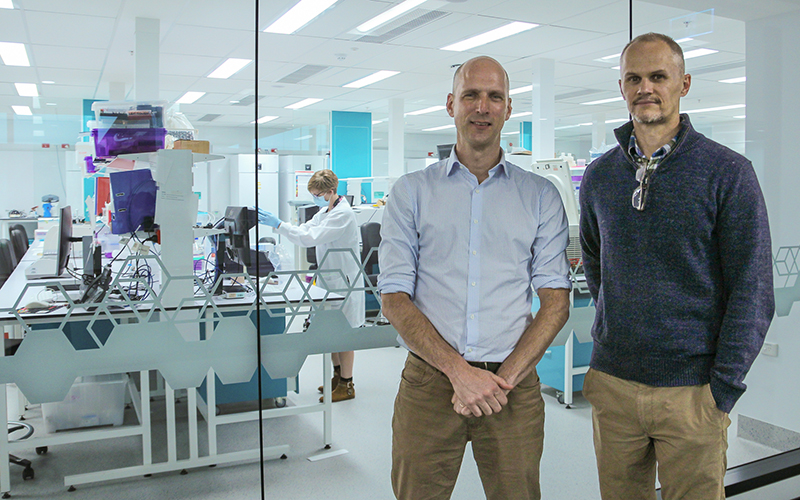Search

News & Events
International Women’s Day: Question & AnswerToday, and every day, we celebrate the inspiring female researchers, students and professional staff who work at The Kids Research Institute Australia, and the contribution they make to child health research in Australia.

News & Events
Major grant awarded to tackle antibiotic resistanceVital research aiming to improve the treatment of potentially deadly Group A Streptococcus (Strep A) has been awarded $820,000 in the latest round of National Health and Medicine Research Council’s Ideas Grants.

Learn more about the research and programs produced as part of the Banksia Hill Project, plus related research projects at Telethon Kids Institute.

News & Events
Large-scale study of epigenetic landscape to understand and overcome diabetes in Indigenous AustraliansA large-scale study of the epigenetic landscape of Indigenous Australians could help tackle chronic diseases faced by Aboriginal and Torres Strait Islander people.

News & Events
Landmark research investigating benefits of COVID-19 vaccination for kids set to launch at The Kids Research Institute AustraliaA first-of-its-kind national study looking at the optimal COVID-19 vaccination strategies for children and adolescents is set to begin at Perth’s The Kids Research Institute Australia thanks to a $3.8 million funding injection from the Australian Government’s Medical Research Future Fund (MRFF).

News & Events
WA’s Omicron wave on a downward trajectory, despite new variantsSophisticated modelling produced is predicting a steady decline in COVID-19 cases in WA throughout August, but hospitalisation rates will remain relatively high.

News & Events
Cancer immunotherapy in a tablet a step closer thanks to CUREator grantResearchers at The Kids Research Institute Australia and UWA will use a $500,000 CUREator grant to progress the development of the first cancer immunotherapy in a tablet.

News & Events
WA Health funding supports development of new mental health digital tool for autism familiesA co-designed digital tool to address anxiety concerns for children on the autism spectrum is set to be developed and trialled in Western Australia.

News & Events
International clinical trial reduced lung inflammation in young kids with cystic fibrosisPromising results from an Australian-led clinical trial could drastically change the way we care for young children with cystic fibrosis (CF).

News & Events
Pneumococcal vaccine sees hospital admissions for deadly pneumonia slashed by halfThousands of children born in Papua New Guinea (PNG) no longer face a future cut short by severe pneumonia, thanks to the introduction of pneumococcal vaccination as part of the country’s National Immunisation Program.
